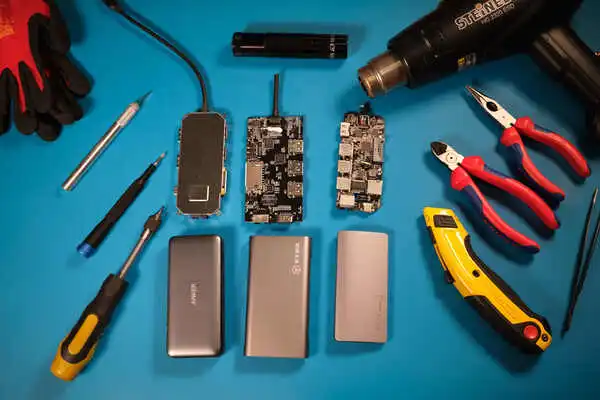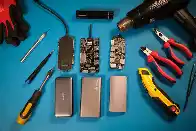USB-C hubs and my slow descent into madness - Dennis Schubert
USB-C hubs and my slow descent into madness - Dennis Schubert

A short story of me trying out different USB-C hubs, taking them apart, and slowly descending into madness.

I was looking for a new USB-c hub and came across this article. It's an interesting write-up of what is on the inside of some popular options
